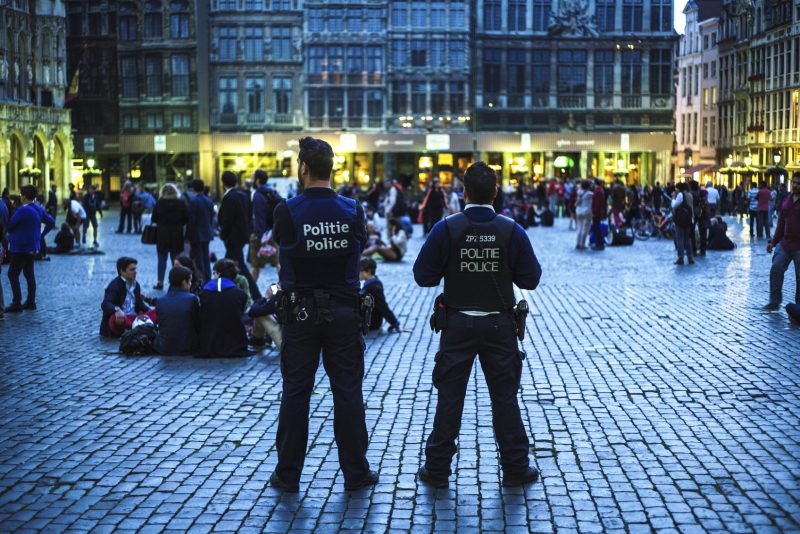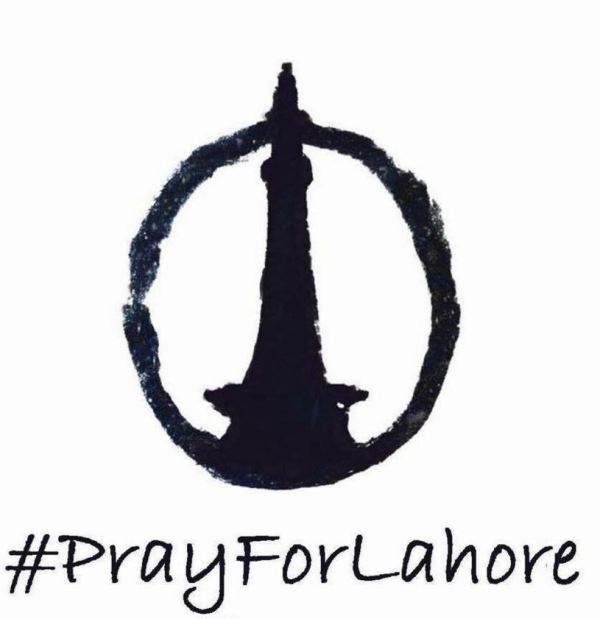It is usually an honor to write and teach about emergency preparedness, guiding people and organizations in planning and implementing technology solutions that protect lives and property. The downside is that we have to professionally cope with the reality of tragedy when unspeakable horrors take place.
This was originally posted on the AtHoc blog.
This month’s terrorist attacks in Pakistan, Belgium, Iraq, Nigeria, Turkey and other countries are hard to handle personally and emotionally. Our hearts go out to the victims and their families.
There will be time later to reflect on safety and security solutions. For now, we like to remind ourselves of our own good fortune, and revisit how to best protect ourselves, our families, and colleagues when travelling in a world that seems less stable and predictable every day.
Who Are Potential Targets?
According to information that safety trainers receive from public authorities, terrorists commonly seek areas where civilians gather in large numbers. One of their goals is to maim or kill ordinary people, to cause fear and chaos. Another is to create disproportionate responses from law enforcement and the military.
This malevolent combination enables bad actors to create suffering, increases opportunities to recruit more radicals and gives criminal leaders the ability to brag that they are the agent that has damaged their perceived enemies.
Open public access areas where large groups assemble, either for special events or for routine daily activities, are preferred targets for terrorists. These “soft target” locations are difficult or impossible to secure, without severely disrupting and restricting life and commerce. It is very hard to separate criminals and terrorists from ordinary people in public places, which means these sites are ideal for explosions and other types of violence.
 What Is Being Done
What Is Being Done
In addition to massive police, intelligence, and military efforts to locate the surviving planners and perpetrators behind these atrocities, the US and Canadian governments immeidately updated their warnings for anyone travelling abroad. The US has amended its Worldwide Caution alert for travelers planning to travel in Europe, and Canada advises individuals to “exercise a high degree of caution,” when moving about internationally.
These warnings will probably remain in place for a while, at least until any surviving terrorists have been captured, and authorities are reasonably sure that other related threats have been neutralized or reduced.
If you or your employees must travel within or to any part of the world under high alert, be aware that security will be extremely tight, air travel, trains and public transit will be delayed or cancelled, and residents and travelers where you are visiting – understandably – will be frightened and confused. If you are already overseas, contact your country’s embassy or consular office for the safest routes for continuing your trip or for returning home.
What You Can Do
The best options for travelling in an uncertain world are simple, but workable.
- Be alert, and contact authorities if you see suspicious activity or unattended packages
- Do not try to intervene on your own – let the professionals do what they are trained to do
- Monitor the current status of travel alerts and warnings issued by your government
- Keep in touch with airlines, rail lines and other vendors upon whom you rely for transportation
- Frequently let business associates and loved ones know where you are, and that you are safe
Please be careful, and come home safely.
Government Statements
 The following are government advisories from US agencies regarding the situation in Europe and safety awareness in general. Web addresses are included in the subheads for anyone wanting additional information.
The following are government advisories from US agencies regarding the situation in Europe and safety awareness in general. Web addresses are included in the subheads for anyone wanting additional information.
“Recent terrorist attacks, whether by those affiliated with terrorist entities, copycats or individual perpetrators, serve as a reminder that US citizens need to maintain a high level of vigilance and take appropriate steps to increase their security awareness,” in areas including, “high-profile sporting events, residential areas, business offices, hotels, clubs, restaurants, places of worship, schools, public areas, shopping malls and other tourist destinations both in the United States and abroad where US citizens gather in large numbers, including during holidays.”
US Department of Homeland Security Secretary Jeh Johnson:
“The Department of Homeland Security, along with our partners in federal law enforcement and the intelligence community, are doing a number of things to monitor events in Brussels, work with the authorities there, and continue to secure our Homeland.
“First, our personnel have an excellent working relationship with Belgian authorities, and we continually receive information about the attacks and those who may have been involved. Since the Paris attacks in November, we have enhanced information sharing about potential terrorist threats with both Belgian and French authorities, and we will continue this effort.
“Second, though we do not require Belgian citizens to have a visa to travel here for business or tourism purposes, both the Transportation Security Administration (TSA) and US Customs and Border Protection (CBP) have procedures in place to identify and prevent travel here from Belgium by individuals of suspicion. All travelers arriving in the United States are vetted against the US Terrorist Screening Database, regardless of whether they arrive with a visa or an Electronic System for Travel Authorization (ESTA). We continually evaluate whether more screening is necessary, particularly in light of today’s attacks.
“Third, as a precautionary measure, TSA is deploying additional security to major city airports in the United States, and at various rail and transit stations around the country. TSA is also working closely with state and local law enforcement, airport and transit authorities, and the aviation industry in order to augment that security.
 “Fourth, we and the FBI have been in communication today with state and local law enforcement, to share the latest about what we know of today’s attacks in Belgium. State and local law enforcement are themselves enhancing their security posture as they deem appropriate. We are also in regular communication with organizations representing the private sector to share with them what we know.
“Fourth, we and the FBI have been in communication today with state and local law enforcement, to share the latest about what we know of today’s attacks in Belgium. State and local law enforcement are themselves enhancing their security posture as they deem appropriate. We are also in regular communication with organizations representing the private sector to share with them what we know.
“There are also a number of other security measures we are taking that are not suitable for public disclosure.”
US Department of Homeland Security’s If You See Something, Say Something Campaign:
“Across the nation, we’re all part of communities. In cities, on farms and in the suburbs, we share everyday moments with our neighbors, colleagues, family and friends. It’s easy to take for granted the routine moments in our every day – going to work or school, the grocery store or the gas station. But your every day is different than your neighbor’s – filled with the moments that make it uniquely yours. So if you see something you know shouldn’t be there – or someone’s behavior that doesn’t seem quite right – say something. Because only you know what’s supposed to be in your everyday.
“Informed, alert communities play a critical role in keeping our nation safe. ‘If You See Something, Say Something™’ engages the public in protecting our homeland through awareness-building, partnerships and other outreach.”
